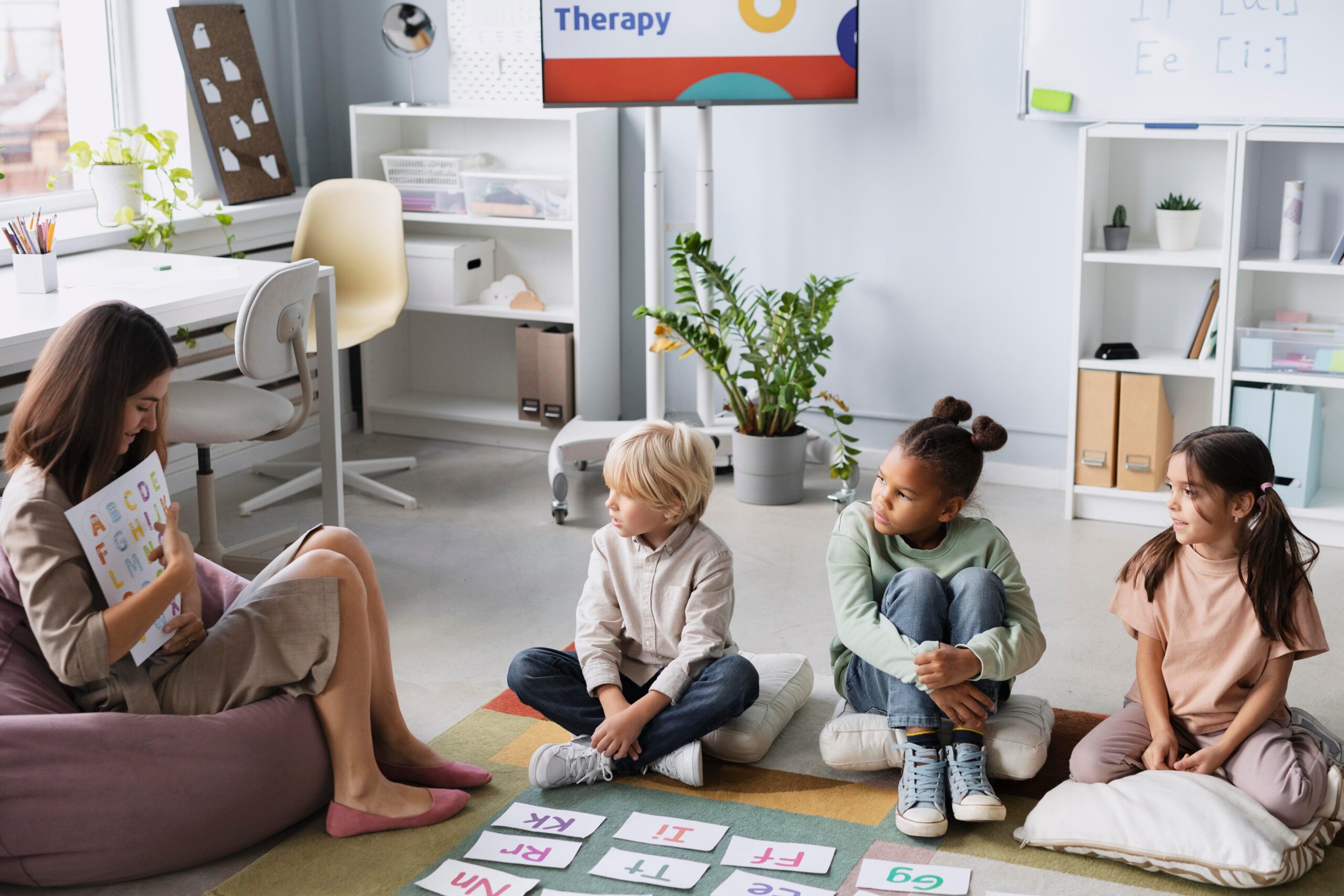
Key Points: ABA shaping is a powerful tool to teach new behaviors through gradual reinforcement. Effective shaping procedures in ABA rely on clear goals, consistent reinforcement, and careful observation. Real-life…

Key Points: ABA shaping is a powerful tool to teach new behaviors through gradual reinforcement. Effective shaping procedures in ABA rely on clear goals, consistent reinforcement, and careful observation. Real-life…

Key Points: Learn how ABA therapy can effectively reduce aggression and self-injury in children with autism. Discover functional behavior assessments and proven intervention strategies tailored to aggressive or self-harming behaviors….

Key Points: Cultural sensitivity in ABA therapy improves trust, communication, and treatment outcomes. Understanding cultural considerations in therapy helps prevent misinterpretation of behaviors and values. Culturally sensitive treatment plans must…

Key Points: ABA therapy can be adapted to build essential job-related skills for individuals with autism. Functional skills ABA, when tailored to workplace readiness, supports independence and employment potential. Vocational…

Key Points: Children with autism may face specific challenges in expressing needs, understanding language, or picking up nonverbal cues. ABA therapy provides structured support to improve communication skills through individualized…

Key Points: Early autism intervention helps children build stronger communication and social skills. ABA therapy is a research-based method that promotes measurable behavioral growth. Timely diagnosis and intervention lay the…

Key Points: ABA Therapy is a structured approach to support children with autism, focusing on skill-building and behavior management. Understanding therapy expectations and the role of parent training is vital…

Key Points: Consistent routines and structure at home reinforce ABA therapy goals. Positive reinforcement strategies help your child generalize skills. Active collaboration with your ABA team ensures continuous progress. Supporting…

Key Points: In-home ABA therapy offers personalized, flexible, and family-involved treatment in a child’s natural environment. School-based ABA therapy supports educational and social goals within a structured group setting but…

Key Points: Teaching social cues to children with autism is possible and effective with patience and structured strategies. Social skills can be taught through modeling, practice, and supportive environments tailored…